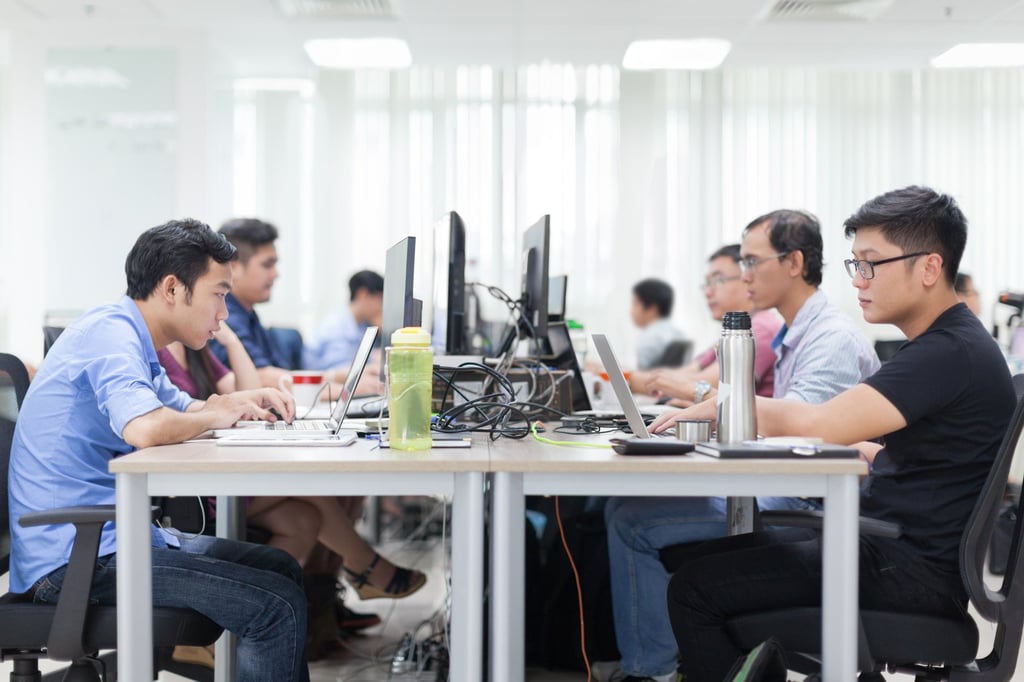Advertisement
Singapore, Indonesia await start-up investors’ return, as Malaysia eyes regional launch pad status
- After billions of dollars retreated from Southeast Asia’s start-ups last year, investors are expected to return in 2024, but with less risk appetite
- Singapore’s noted start-up ecosystem is well placed to benefit, as is Southeast Asia’s No 2 Indonesia – and Malaysia wants a piece of the action, too
Reading Time:4 minutes
Why you can trust SCMP
2

The big beasts of Southeast Asia’s start-up scene are likely to see cash waved at them this year, investors and experts say, as venture-capital funds with trimmed purses seek the guarantee of profits and shy away from risky new businesses.
Advertisement
Billions of dollars of funds retreated from the region’s start-ups in 2023, as the global economy roiled from conflict, oil-price shocks, high interest rates and surging inflation, drying up the flow of outbound cash, especially from hard-pressed Europe.
This year, Southeast Asia’s start-ups are expecting some of that money to return, but it may be looking to make safer bets, business experts warn.

“There’s now a trend to invest in start-ups that show not just innovation but profitability. Those which have proved their resilience will reap the benefits,” said Edward Ismawan, of the Indonesian Association of Venture Capital for Startups (Amvesindo), told This Week in Asia.
In an increasingly cashless world, fintech, e-payments, online sales and ride hailing dominate the region’s funding rounds, while the green economy offers new opportunities in clear growth areas. But brave new ideas may find it hard to get the investment they need over the coming months.
“Because of the more challenging investment environment, investors are becoming more selective and investing in companies that are past the ideation stage,” said Lawrence Loh, a professor at the National University of Singapore Business School.
Singapore – home to about 4,000 tech start-ups, 18 of them unicorns, and more than 400 venture capital companies – remains the most attractive destination for start-ups and venture capital in the region.

Advertisement